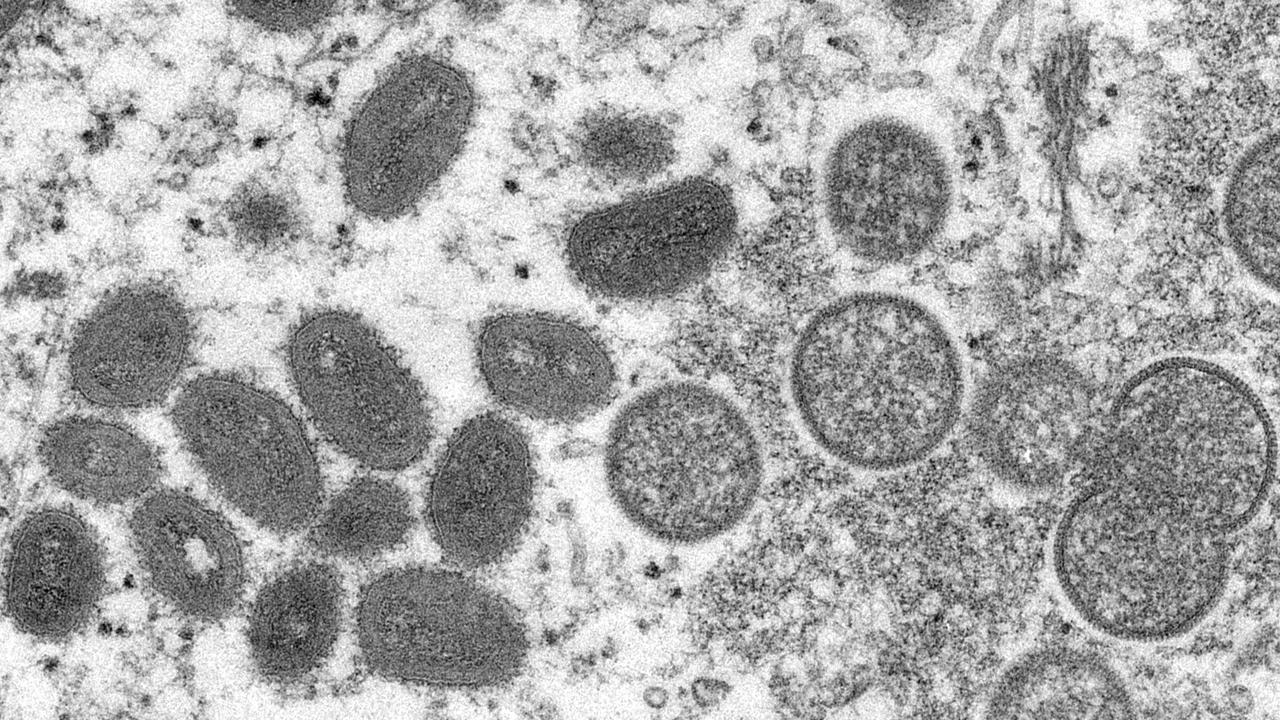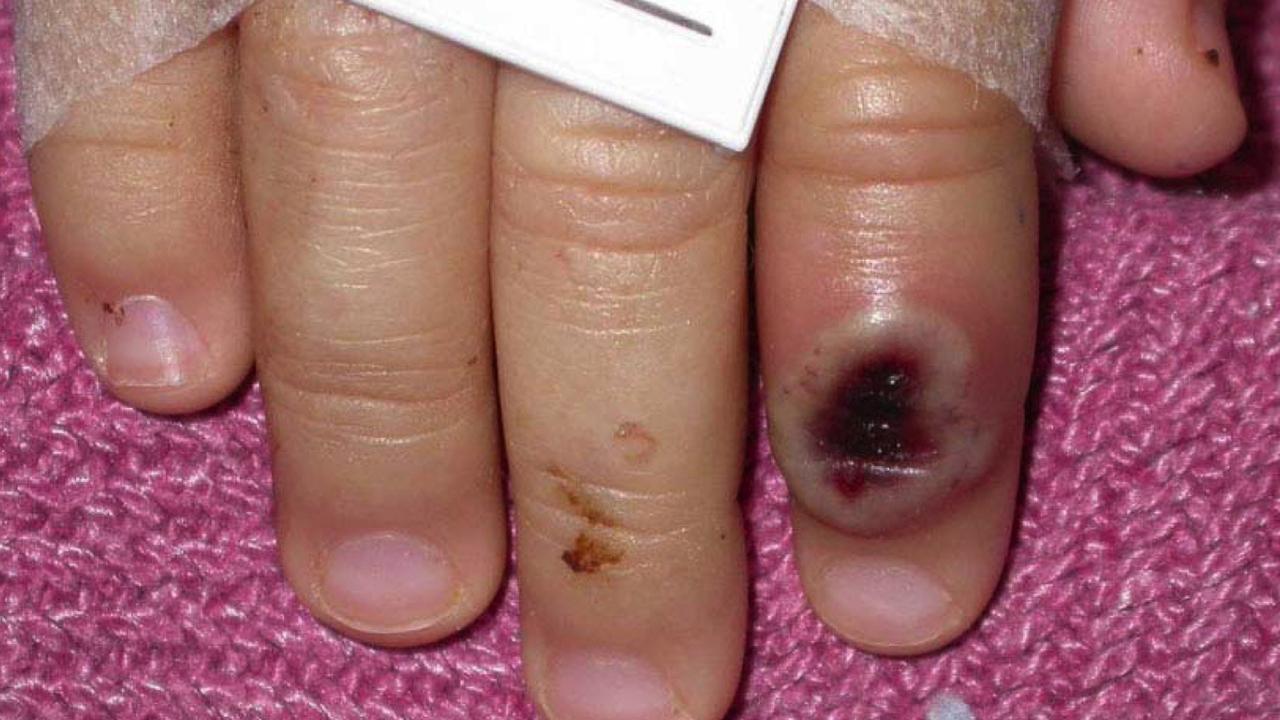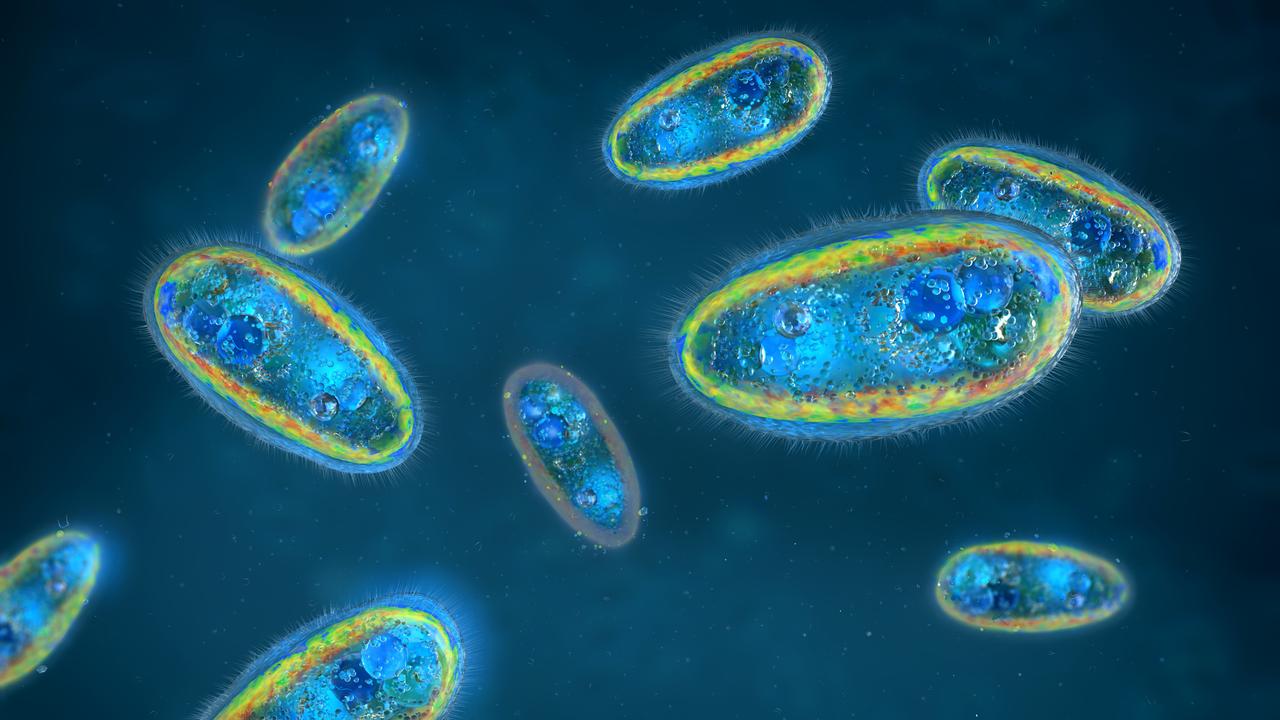Dr Zac Turner on whether monkeypox is worth worrying about
Cases of monkeypox are still rising and there’s concern and confusion over what the real danger is and how to avoid it.

Welcome to Ask Doctor Zac, a weekly column from news.com.au. This week, Dr Zac Turner talks about the danger of monkeypox.
QUESTION: Hi Dr Zac, I’m not sure if I’m projecting past trauma, but I am terrified of monkeypox! After I read the news headline that it had reached Australian shores I almost had a panic attack. The photos from the news articles make it seem really horrific.
My biggest problem is I’m not sure if I should be scared of it or not. Is it just another false-flag or should I actually be concerned? To be honest with you, I’m not even sure what monkeypox is. Is there a vaccine?
My anxiety rests with you. Can you please put it to bed? – Sharon, 40, Queensland
ANSWER: Hi Sharon, remember when you were a kid being terrified of the monster under the bed? Most of your terror came from the unknown, and you would imagine the creature below from spooky shadows and mysterious sounds creaking throughout the night. Do you remember when all that terror was put to bed when all you had to do was check underneath and see nothing was there?
The Monkeypox virus has become your new monster under the bed. In order to calm yourself down, you need to be informed of what it actually is, its potential danger to yourself and others, and how to limit transmission.

What is monkeypox?
Let’s start with the ‘what’. Monkeypox virus isn’t a new disease, it was first discovered back in 1957 within colonies of monkeys that were being researched – hence the name ‘monkeypox’. The first human case was recorded in 1970 in the Democratic Republic of Congo.
Monkeypox is caused by an orthopoxvirus closely related to smallpox. Do not be alarmed by this, smallpox was deadly because it only infected humans, while monkeypox is an animal virus that can affect humans after they are bitten or scratched by an infected animal.
Think of smallpox as the really successful cousin that rocks up to the Christmas lunch, and seems to have everything working out for them. While monkeypox is the other cousin sitting by themself that seems to be going nowhere, and has had little success in life. They are not the same, and shouldn’t be treated as such.
Is monkeypox dangerous?
Now to the danger of monkeypox. Let’s start out by saying there are treatments and vaccines that work for it – so at this stage no need to worry about waiting a year for one to be made if it turns into a worldwide pandemic. With monkeypox, vaccination will only be needed for individual cases and due to its incubation period of up to 21 days, close contacts. There will be no need for a widespread vaccination effort as at this stage it requires contact of a susceptible person with body fluids.
The transmission rate for monkeypox is also very low – with only about 3 per cent of contacts being infected.

What are the symptoms of monkeypox?
If you are one of those 3 per cent of people infected, after a week or two of exposure, you will have a fever, headache, muscle aches and your lymph nodes will swell. Shortly thereafter skin eruptions will appear on your hands, feet and face. This is most likely the photos you have been seeing on the internet. As with most viruses it can cause the general symptoms of fever and upper respiratory symptoms such as a cough or runny nose.
Covid-19 has been tricky to discern in our communities as its symptoms are hard to spot – and so transmission is high because people don’t realise they have it. If someone has monkeypox, they will know very quickly and isolate accordingly.
You may be thinking, “Dr Zac, this is all well and good but as we’ve seen with the coronavirus that diseases and viruses mutate rapidly.” Never fear, as Monkeypox is a DNA virus it does not mutate anywhere near as swiftly as the common flu or Covid-19.
How to protect yourself from monkeypox
Finally, how to limit transmission. There are a number of measures and habits to pick up in order to limit cases in the community.
Wash your hands! Just like with every other virus and disease, washing your hands with soap goes a long way in limiting transmission.
Avoid contact with animals that harbour the virus. Unless you work at a zoo in the Democratic Republic of Congo, I think you will be OK!

If you are feeling unwell at all then this is the time to stay home or if you need to go out wear a mask as it will reduce the spread of droplets which can infect others.
If you do end up catching monkeypox, isolate yourself from others and seek advice from medical professionals.
Since May 21, there have been 257 laboratory confirmed cases of monkeypox and 120 suspected cases. There have been no associated deaths.
Sharon, I think it’s fair to say monkeypox is another monster under your bed! Now that you are informed, you should realise it will be no threat to your everyday life. If you continue to be anxious, turn your phone off, have a glass of water and go for a walk outside.
Got a question: askdrzac@conciergedoctors.com.au
Dr Zac Turner has a Bachelor of Medicine and Bachelor of Surgery from the University of Sydney. He is both a medical practitioner and a co-owner of telehealth service, Concierge Doctors. He was also a registered nurse and is also a qualified and experienced biomedical scientist along with being a PhD Candidate in Biomedical Engineering






